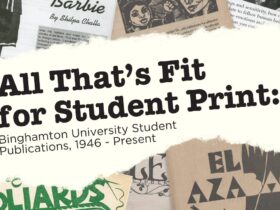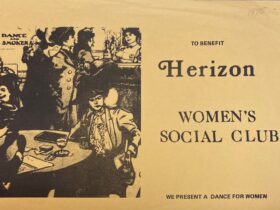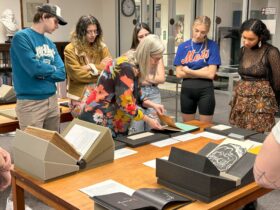
What Is An Archives?
An archives is a place where people go to find information. But rather than gathering information from books as you would in a library, people who do research in archives often gather firsthand facts, data, and evidence from letters, reports, notes, memos, photographs, audio and video recordings, and other primary sources.
Read more here
In the course of daily life, individuals, organizations, and governments create and keep information about their activities. Archivists are professionals who assess, collect, organize, preserve, maintain control of, and provide access to the portions of this information that have lasting value. Archivists keep records that have enduring value as reliable memories of the past, and they help people find and understand the information they need in those records.
These records, and the places in which they are kept, are called “archives.” Archival records take many forms, including correspondence, diaries, financial and legal documents, photographs, video or sound recordings, and electronic records.
An archives serves to strengthen collective memory by creating a reliable information bank that provides access to an irreplaceable asset – an organization’s, government’s, or society’s primary sources
American Archives Month is a time to focus on the importance of records of enduring value and to enhance public recognition for the people and programs that are responsible for maintaining our communities’ vital historical records.
Why not stop into the Binghamton University Archives today to learn more about archives and the history of Binghamton University? We are located in Special Collections, on the second floor of the Glenn G. Bartle Library off of the North Reading Room.






